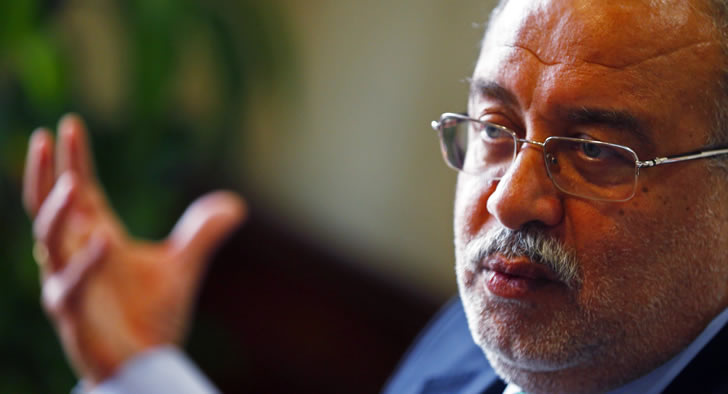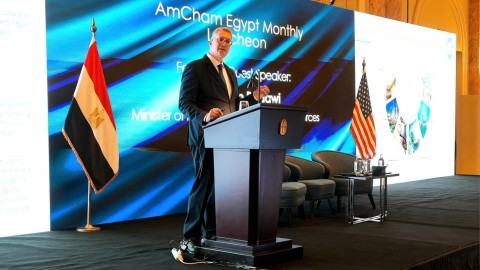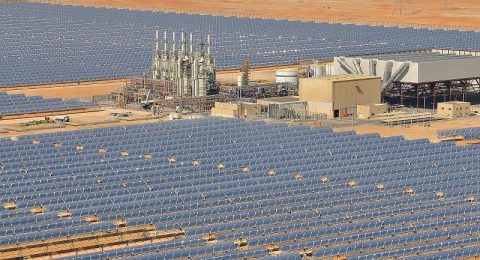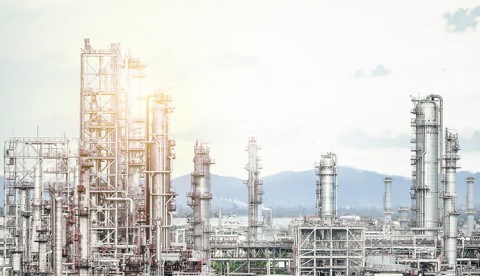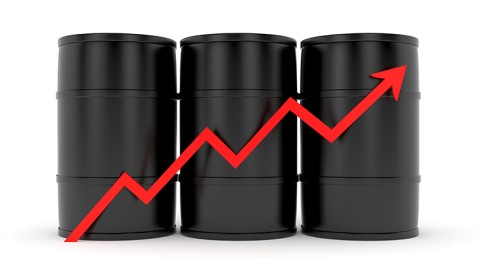Nine petroleum agreements of about $2.2 billion will be finalized soon, according to a Ministry of Petroleum.
The nine agreements include an agreement with the Tunisian HBS international oil company with investments of $9 million in Egypt’s western desert and two other agreements to renew the allocation of lands in Gamasa, a Mediterranean city in Dakahlia governorate, and Shoker el-Bahariya on the Gulf of Suez to the Petroleum Authority, according to the statement.
Minister of Petroleum Sherif Ismail added that the nine agreements have been approved by the Cabinet in addition to new grants for oil and gas search in the Mediterranean Sea, Suez, Delta and western desert areas with total investments of 3 million.
The agreements will pump new investments that would enhance research and exploration to discover new reserves, increase productivity rates and complete exploration and developmental projects in the other areas.
Moreover, four agreements with the Italian oil company Eni will contribute to pump investments that reach $2.1 billion in northern Port Said, Balteem in Kafr el -Sheikh, Gulf of Suez and there are of the Nile delta.
The minister added that two agreements with U.S. Apache Corporation in the western desert with investments of $70 million will contribute to the completion of exploration programs and improve pipelines in the region.
“Apache decided to increase the number of drillers working in some areas, as it plans to drill from 16 to 23 additional wells to increase its investments and activities in Egypt,” Ismail said.
In March, during the Egypt Economic Development Conference, Egypt signed five oil and gas deals worth $21.2 billion. Also, Ismail signed an agreement with Italy’s oil company Eni, injecting investments worth $5 billion to produce 900 million cubic feet of gas in the Mediterranean, the western desert, the Nile delta and Sinai peninsula.
Such agreements would help meet growing energy demands in Egypt, which has been witnessing a sharp energy shortage over the past four years, causing daily power cuts, with the crisis taking a severe turn for the worse last summer.
Source: Cairo Post
